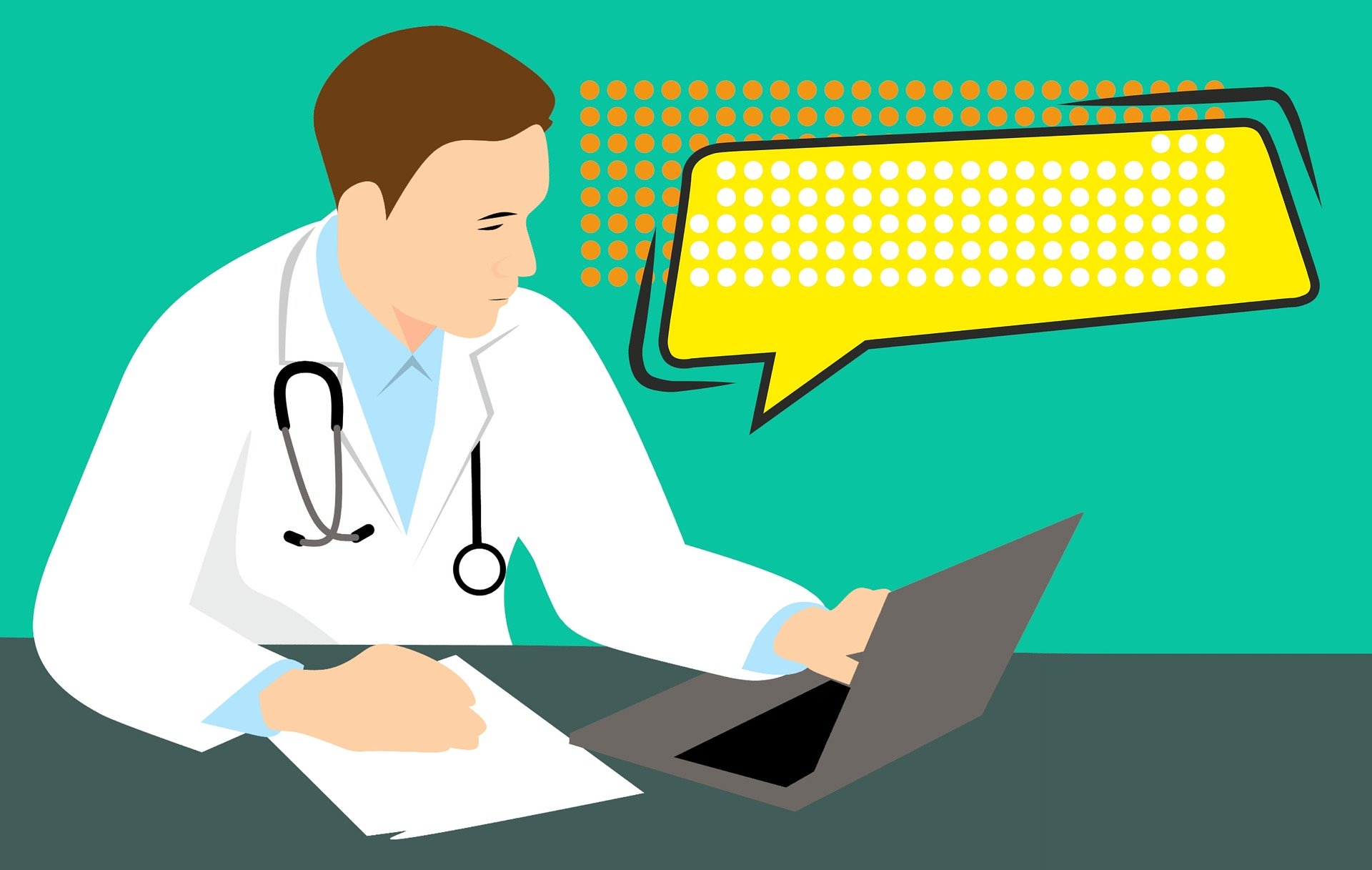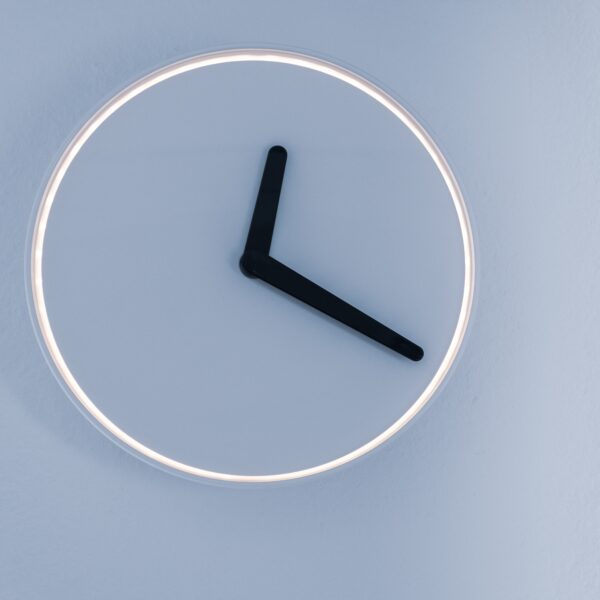In every healthcare system, patient confidentiality is among the professional expectations that you need to observe. By breaching such data, you risk serious repercussions or even losing your medical data. However, when using a shared system, for instance, shared medical software, maintaining such data is easier said than done. Nevertheless, in the case of this medical sector error of leaking the patient’s information, shared systems will not be an excuse. For this reason, it is important to come up with techniques to help keep all information about your patients secure regardless of the shared systems. Below are some of these ways through which you can keep this sensitive information secure.
Implement IT Security Policies
In some cases, regardless of your efforts to keep the information secure, some unauthorized systems may try to access the information for personal gain. To help prevent this, you will need to employ several security policies. For instance, use string passwords on your devices such as laptops, among other devices, in such a way that unauthorized personnel cannot access it. On the other hand, if there are Wi-Fi services in the hospital, avoid connecting to the same network with all hospital visitors. Viruses and other cybersecurity threats could also lead to private patient data leakage. Therefore, get the right IT security protection techniques to help avoid such threats when using practice management software.
Have Adequate Training
More often than not, a major reason for leaking the patient’s confidential data in a system is inadequate training. If you do not know how to handle the systems, then you risk sending or storing the information at a place where it is accessible by other people. Therefore, before you start handling any medical practice management software, ensure that you are well conversant with all the features and functioning of the software. On the other hand, if you are the hospital manager, hold a training session from time to time to help ensure that your employees can handle the systems without making such mistakes for lack of knowledge.
Store Sensitive Information in Secure Places
Ideally, some of the data that you collect from your employees is more sensitive than others. For this reason, when storing such data, avoid storing it in locations facing high-security risks. For instance, storage devices such as flash disks or hard disks, among others, are not among the best storage devices to store sensitive data. Instead, consider other storage places such as a cloud-based storage memory where you will have such sensitive information. In such memory locations, you are not only assured of security but also easier to access the data regardless of your location.
Be Careful When Sharing
In a hospital where there is a practice management software, it is possible to share information across different departments in the hospital through the network available. However, if you are not careful, you risk sharing confidential information with the wrong person. For this reason, before you share anything, double-check to ensure that you are sharing the right thing. In the case of oversensitive data, it is also wise to confirm whether the person on the receiving end is the person required to receive this information. Additionally, if you are not sure how to carry out a specific action, ask for help on how to manage your practice and get to operate the system without causing any damage. Though this may seem like a long and inconvenient process, it will save you a fortune that you risk losing in case you leak the private information.
Discuss Confidentiality Policies with Your Partners
For everything in the hospital to function effectively, you will need to have other partners who are not necessarily in the medical sector. For instance, you need internet service providers to help ensure that the networks and practice management software are functioning well. As such, partners help you manage your system; they may come across sensitive information that may cost your health center a fortune if exposed. Therefore, you need to sign several policies binding them against leaking any patient information that they may find in your storage systems. Additionally, it is advisable to work with partners you trust to help limit such cases of sharing your information with the wrong people.
Consider Printing
Storing all your medical data in softcopy has many advantages. For instance, you use limited storage space and make it easier for you to access them. However, in some cases, some data is too risky to be stored as a softcopy. If you need to maintain patient confidentiality, then consider printing the information and having it stored in hardcopy. This is especially if you are in a network that you do not trust. Regardless of the many passwords and encryptions that you use, unscrupulous people will still find their way to the information. Therefore, consider carrying a hardcopy as it is easier to secure the hardcopy. Additionally, when it is time to dispose of it, consider disposing of it in a way that will not leave a trace of the information.
The information that a patient will share with a doctor is confidential between them unless the patient states otherwise. However, ensuring confidentiality is easier said than done when you have a hospital system that you are sharing among many people. Protect your job and patient trust by maintaining their private information with the help of the tips above.
Image Credits: ckstockphoto, mohamed_hassan





Like this article? Share with your friends!